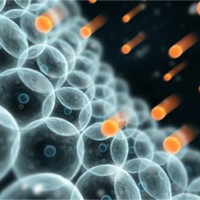
It was 5 am. My alarm was sounding. BEEP BEEP BEEP!
My body was hurting. I was tired. I was grumpy. And I had to go to 5:30 am running. NOOO!
In college baseball, there was one month of the year called “Fall Running.” It was the hardest running of my life. Consisting of hills, sprints, lifting and running miles and miles. Think pain, lots of pain. Each week was a competition. We ran as hard as we could. The winning team, was awarded the chance to sleep in on Friday. I loved to sleep in, and I hated to lose. So I ran my butt off. And it hurt!
Every morning, my body hurt . “Soreness…aww where does it come from? Why do my muscles hurt so much!?”
I always had these questions in mind…
“Can I reduce soreness after a hard workout? Is there any nutrition secrets I need to know?”
YES, You Can Reduce Muscle Soreness With Proper Nutrition Intervention….
I will show you right now. One reason our muscles get sore, and something EASY to stop it.
Here we go…
During an intense resistance workout, the most significant effect on your muscles is muscle damage. Some of this muscle damage is good. Leading to repairing of the muscle and you gaining size, strength and speed. Other muscle damage, can be bad. Leading to soreness that slows down training.
There is a few ways that muscle damage occurs. We are going to focus on just one, the “biochemical response to a resistance training workout.” One negative response to training is the chemical generation of free radicals.
Free radicals damage muscle protein. They are highly reactive and attack muscle cell structure. Which causes damage that can last for many hours after a workout. The sensation of soreness from this muscle damage can hold back your next workout, and hold back your progress. The logic is simple, limit soreness, increase workout activity and thus gain strength and speed in a shorter time frame. I want you to gain strength and speed FAST. Free radicals play a big part in your bodies response to training. So lets get some answers to this problem…
“What Are Free Radicals Doing? Should I Even Care?”
Give me a second to zoom into the tiny details of free radicals. It matters. You will see why…
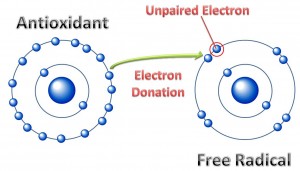
At a microscopic (zoomed in) level, “Free Radicals are atoms or groups of atoms with an odd (unpaired) number of electrons and can be formed when oxygen interacts with certain molecules.” Typically when bonds split, they do not leave an unpaired electron. When “weak” bonds split, free radicals are formed. A free radical is highly reactive and trying to capture its needed electron for stability. As they react with the nearest stable molecule they “steal” an electron. Once the attached stable molecule has an electron “stolen”, it too becomes a free radical. And the chain reaction commences! This process is sometimes called “oxidation” damage.
Kind of like a rock concert mosh pit. A frustrated “meat head” is in the center of a mosh pit throwing punches and being an idiot. Then more guys start throwing punches. Then it becomes a brawl! Chaos! Soreness everywhere! Oxidative damage! Nobody likes that guy. He is a bully. It is time to “neutralize” that fool…(are you still tracking with me? I am talking about free radicals in your body.) Anywho, moving on…
Antioxidants – Our Giving Friends
Antioxidants neutralize free radicals by giving them the electron they need to be stable. Thus neutralizing the oxidative damage that causes additional muscle damage. Let me say it again, limit muscle damage, limit soreness, get back to your hard training the next day. Beast mode.
Where Can I Get Antioxidants?
There is 2 ways to get antioxidants. Naturally occurring antioxidants in your body (Including glutathione, ubiquinol, uric acid) occur during normal metabolism (which means you don’t have to do anything extra, “Sweet!”). Other antioxidants that cannot be supplied by the body. They must be consumed in your diet. Vitamin C and Vitamin E are two vitamins you can “supplement” and benefit from right away.
In one study by Rokitzki and colleagues, found that supplementation of antioxidants reduced muscle damage significantly. In this study they measured 24 trained long-distance runners. The lowest CPK (A muscle damage measurement) was found in the runners who took an antioxidant supplement verse the placebo. Boom! Antioxidants work! Are you taking them everyday? Probably not…
Vitamin Love
Certain vitamins love each other…
Here is what I mean: Vitamin C and Vitamin E (both you have to get from your food/supplementation) actually work better together. There effectiveness as a recovery aid increases when taken at the same time. So you, as an elite athlete need to take Vitamin C and Vitamin E daily, after every workout.
A solid recommendation for Vitamin C is an intake of 800-2,000 milligrams a day.
Recommended daily intake of Vitamin E for strength athletes is 200-1,000IU.
I personally always error on the high side of numbers. But be careful. You do not want to take too much vitamin C or E. You may experience diarrhea or joint pain.
*Please refer to a medical professional before taking any vitamins.*
Where to get C & E?
You can see some Vitamin C directly from this link. click here.
You can see some Vitamin E directly from this link. click here.
Keep this in mind. Vitamin C is in every cell of your body. Taking this daily can minimize muscle damage by neutralizing the free radicals created during exercise. Especially the added oxygen you use during your workout. Oxygen is a free radical! As an elite athlete, you will use more oxygen than a normal lazy person. Thus will need more antioxidants. That is why 2,000 milligrams of Vitamin C and 1,000 IU (International Unit) of Vitamin E are great for an athlete.
Other awesome benefits of Vitamin C?
- Protects you against viral infections
- Increased iron absorption
- Assist in fat metabolism
- Aids in blunting of the hormone cortisol (Discussed later).
Dang, that is a lot of good stuff, no wonder why I feel so good while taking Vitamin C…
Other Sources Of Antioxidants
Some other great sources of vitamin C and vitamin E are fruits and vegetables (oranges, grapefruits,strawberries, tomatoes, broccoli, green and red bell peppers and leafy greens).
No matter your source, Vitamin C and Vitamin E are vital to your success as an elite athlete. Buy these products today. Either online or at your local store. Do not wait around. Someone else is training just as hard as you!
Get to work!
Zach

Follow @zacharycalhoon
If you care about someone, share this with them…
PS. If you are a procrastinator like me, the time to buy these vitamins is right now. “Later” never comes. Buy them today. Click here 🙂
Disclaimer: Always consult a medical professional before taking any vitamins or supplements.
Citations:
Peters, E.M., Goetzsche, J.M., Grobbelaar, B., et al., “Vitamin C supplementation reduces
the incidence of post-race symptoms of upper respiratory tract in ultramarathon runner,”
American Journal of Clinical Nutrition, 57:170-174, 1993.
Rokitzki, L., Logeman, E., Sagredos, A.N., et al., “Lipid peroxidation and antioxidant
vitamins under extreme endurance stress,” Acta Physiologica Scandinavacia, 151:149-158, 1994.
Maughan, R.J., “Role of micronutrients in sport and physical activity,” British Medical
Bulletin, 55:683-690, 1999.
Urso, M.L., and Clarkson, P.M., “Oxidative stress, exercise, and antioxidant
supplementation,” Toxicology, 189:41-54, 2003.
Tengardy, R.P., “The role of vitamin E in the immune response and disease resistance,”
Annals of the New York Academy of Science, 587:24-33, 1990.
http://www.bubblews.com/news/436086-antioxidants-vs-free-radicals
http://www.ncbi.nlm.nih.gov/pubmed/7942049
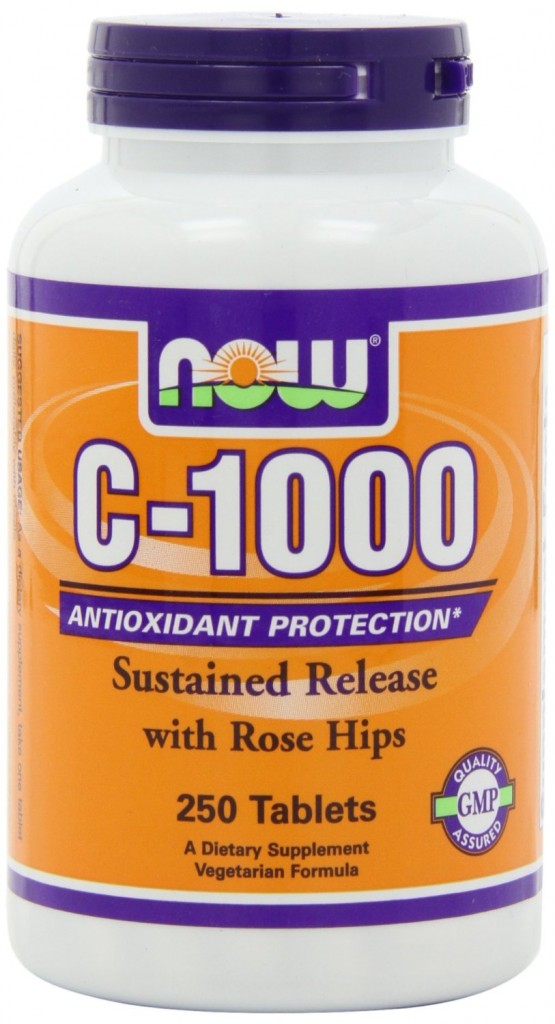
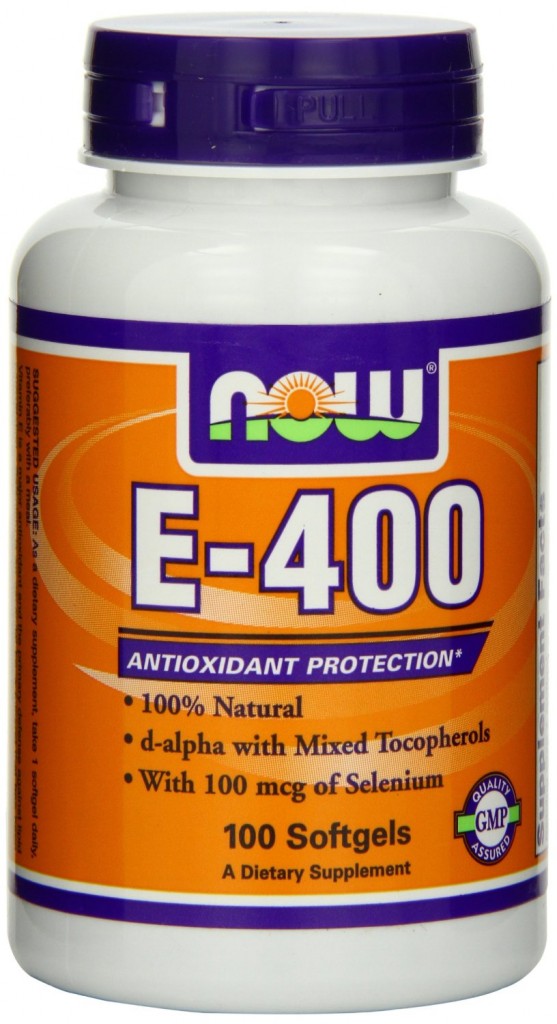
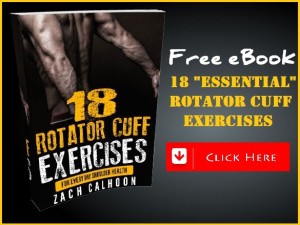
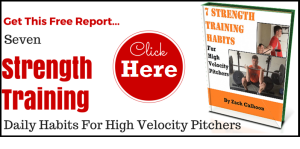
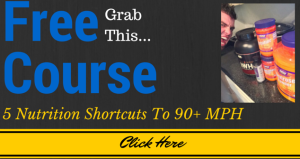
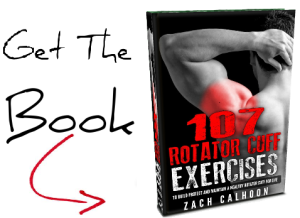

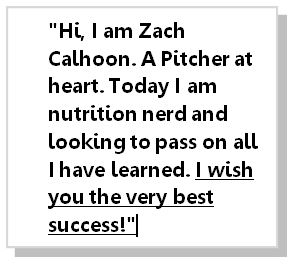

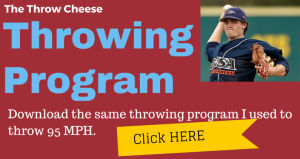
Leave A Reply (No comments so far)
No comments yet